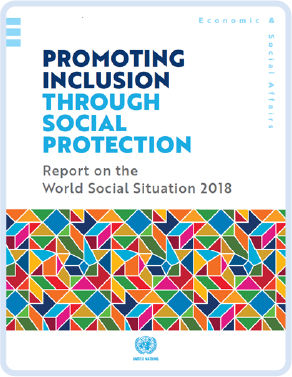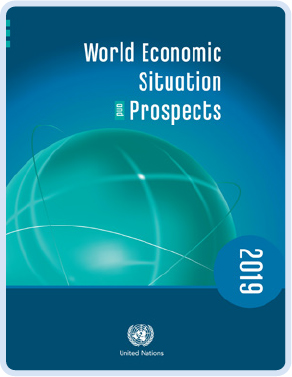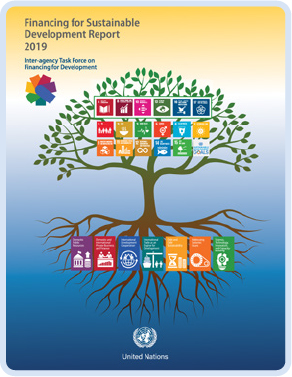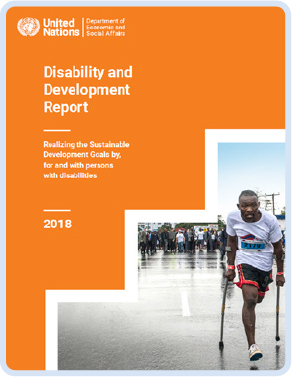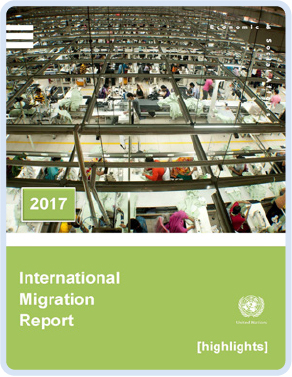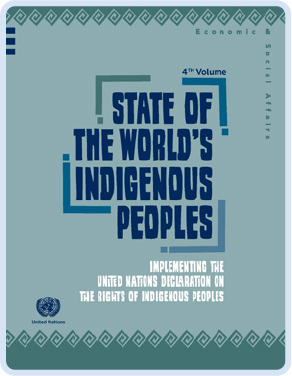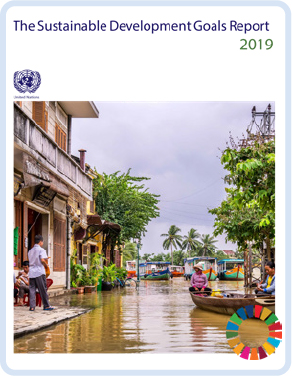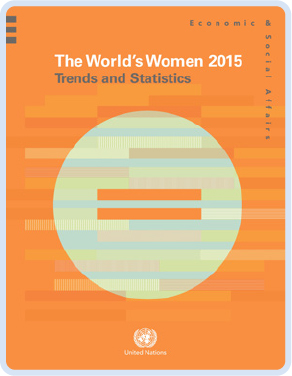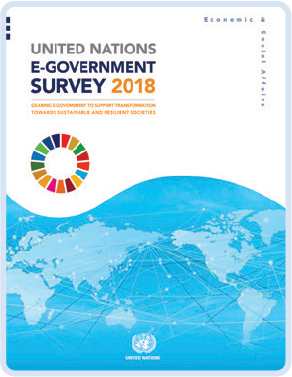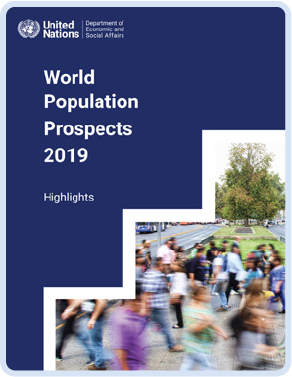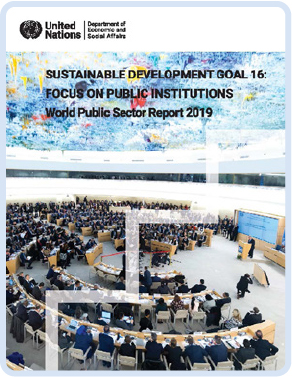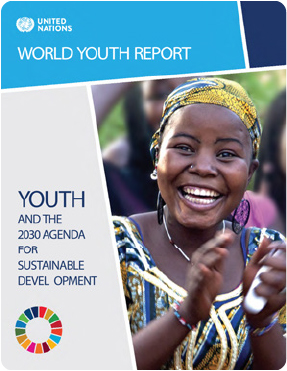Towards
Sustainable
Development
For All

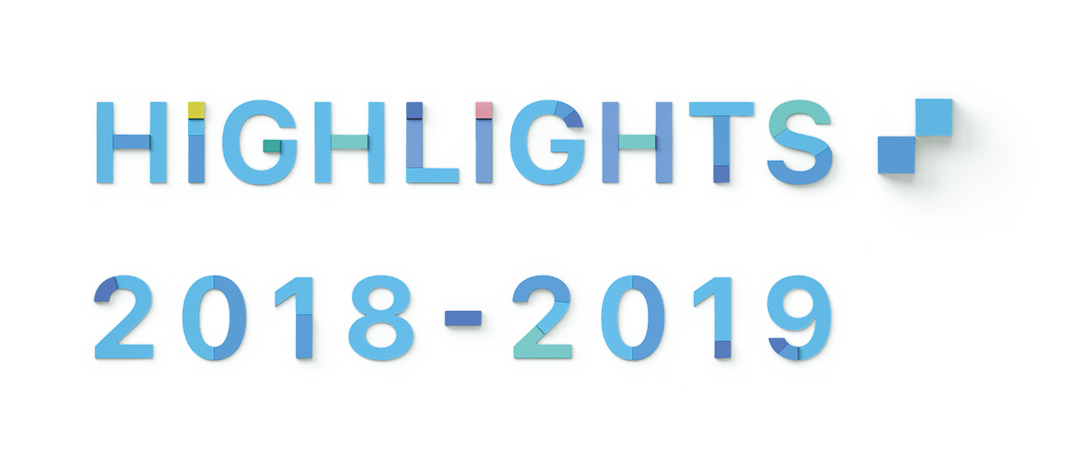
What does UN DESA do?
Intergovernmental support
By facilitating major global conferences and summits in the economic, social and environmental fields, as mandated by UN Member States, UN DESA assists countries as they find common ground, set norms, and take decisive steps forward.
Analysis
As the think tank of the UN, DESA, generates, analyses and compiles a wide range of economic, social and environmental data and statistics to inform and advise Member States and other stakeholders as they take stock of trends and policy options to tackle common problems.
Capacity-building
UN DESA assists in translating policy frameworks developed in UN conferences and summits into programmes at the country level and, through technical assistance, supports Member States in building national capacities.
Major databases
Major publications
In 2018-2019, UN DESA:
Share of visits to the UN DESA website
(by region, 2018)
Supporting development for all through intergovernmental processes
General Assembly
Plenary
Economic and Financial Committee (Second Committee)
Social, Humanitarian and Cultural Committee (Third Committee)
High-level
political forum
Economic and
Social Council
Commissions
Commission for Social Development
Commission on Population and Development
Statistical Commission
United Nations Forum on Forests
Committees and Advisory Bodies
Committee of Experts on International Cooperation in Tax Matters
Committee on Non-Governmental Organizations
Committee of Experts on Public Administration
Committee for Development Policy
UN Committee of Experts on Global Geospatial Information Management
United Nations Group of Experts on Geographical Names
Forums
Development Cooperation Forum
Financing for Development Forum
Internet Governance Forum
Multi-stakeholder Forum on Science, Technology and Innovation for the SDGs
Partnership Forum
World Data Forum
Youth Forum
UN Collaborative Mechanismsms
Collaborative Partnership on Forests
Executive Committee on Economic and Social Affairs
High-level Group for Partnership, Coordinationand Capacity-building for the 2030 Agenda
Inter-agency and Expert Group on SDG Indicators
Inter-agency Consulative Group on SIDS
Inter-agency Support Group for the Convention on the Rights of Persons with Disabilities
Inter-agency Task Force on Financing for Development
Inter-agency Task Team for the Technology Facilitation Mechanism
UN-Energy
UN-Water
UN Inter-agency Support Group on Indigenous People’s Issues
United Nations Inter-agency Network on Youth Development
United Nations Global Working Group (GWG) on Big Data for Official Statistics
Leaving no one behind
UN DESA is a leading voice for promoting inclusion, reducing inequalities and eradicating poverty. Throughout the year, UN DESA drew on its convening power and analytical capacity to ensure that the global dialogue included and considered the voices of all peoples, everywhere. The Department also supported the development of national actions to leave no one behind.

UN DESA...
-
Led the development of the UN system-wide action plan for the implementation of the Third United Nations Decade for the Eradication of Poverty (2018-2027).
-
Brought together more than 1,000 young people from more than 100 Member States to have their voices heard at the 2019 ECOSOC Youth Forum.
-
Convened the 18th United Nations Permanent Forum on Indigenous Issues, bringing together more than 1,200 representatives of indigenous peoples, Member States, academia, parliaments and the UN system.
-
Produced the Disability and Development Report, the first ever on disability and the SDGs.
The 18th session of the United Nations Permanent Forum on Indigenous Issues 2019 in Numbers
1,200 participants
14 government ministers
121 side events
Over 2 weeks
Financing sustainable development
Insufficient financing remains one of the greatest bottlenecks that prevent the world from achieving the Sustainable Development Goals. UN DESA prioritized helping Member States close the financing gap for sustainable development throughout the 73rd session of the General Assembly.

UN DESA...
-
Promoted the alignment of public and private incentives with long-term sustainable development to support the achievement of the Addis Ababa Action Agenda through the ECOSOC Financing for Development Forum and SDG Investment Fair.
-
Produced the UN’s most authoritative analytical report on financing for sustainable development in collaboration with more than 60 international organizations.
-
Facilitated the work of the Development Cooperation Forum to enhance the strategic role of development cooperation.
-
Supported international cooperation in tax matters, to ensure effective taxation in an increasingly digitalized economy.
High-level Dialogue on Financing for Development
The High-level Dialogue on Financing for Development is mandated to take place every four years to review the implementation of the Addis Ababa Action Agenda. The first High-Level Dialogue took place at UN Headquarters in New York on 26 September 2019. The Dialogue elevated the issue of financing for sustainable development to a higher political level and mobilized the political capital and actions needed to implement the Addis Ababa Action Agenda. UN DESA provides primary substantive support to the Dialogue and its follow-up.
Enhancing global partnerships
The success of the 2030 Agenda hinges on the emergence of a networked, inclusive multilateralism, based on partnerships across various sectors and multiple stakeholders. In 2018-2019, UN DESA continued to foster and cultivate strong partnerships for the Sustainable Development Goals.

UN DESA...
-
Housed and monitored more than 4,000 partnerships and voluntary commitments in the Partnerships for SDGs Online Platform.
-
Brought together the nine Communities of Ocean Action to support delivering the 1,500+ voluntary commitments to save our ocean.
-
Managed the global hub of SDG knowledge – the Sustainable Development Knowledge Platform – with over 5.7 million visits in 2018, and more than 500 submissions of SDGs good practices.
-
Facilitated collaboration between National Statistical Systems and key stakeholders from civil society, academia and the private sector to improve availability of open, interoperable data for the SDGs.
-
Ensured a wider representation of NGOs at ECOSOC, through its support to the NGO Committee.
Between 2008 and 2018, the number of NGOs in consultative status with ECOSOC increased from around 3,000 to over 5,000 – an increase of 66 per cent. The number of applications received annually increased from around 150 in 2009 to more than 800 in 2019.
Investing in data and statisticsfor the SDGs
Evidence-based decision-making is impossible without high-quality data from strong national statistical systems. Throughout the year, UN DESA continued to support countries in every corner of the world to bolster their statistical capacities.

UN DESA...
-
Led the launch of the Dubai Declaration at the second UN World Data Forum.
-
Identified solutions for closing the gender data gap at the 7th Global Forum on Gender Statistics.
-
Crowdsourced and analysed data on the accessibility of more than 1.2 million public spaces worldwide to foster more disability-inclusive societies.
-
Played an instrumental role in adopting the Global Compact for Safe, Orderly and Regular Migration and made a sizeable dent in the migration data gap with new partnerships and research.
-
Produced the 2019 SDG Progress Report in partnership with the UN system, highlighting progress and gaps in global efforts to achieve the 2030 Agenda for Sustainable Development.
UN DESA’s Statistics Work focuses on:
Advancing thought leadership for sustainable development
Over the course of the year, UN DESA continued to set the tone of the global conversation on social and economic issues through its cutting-edge analytical products, policy advice and capacity-development.
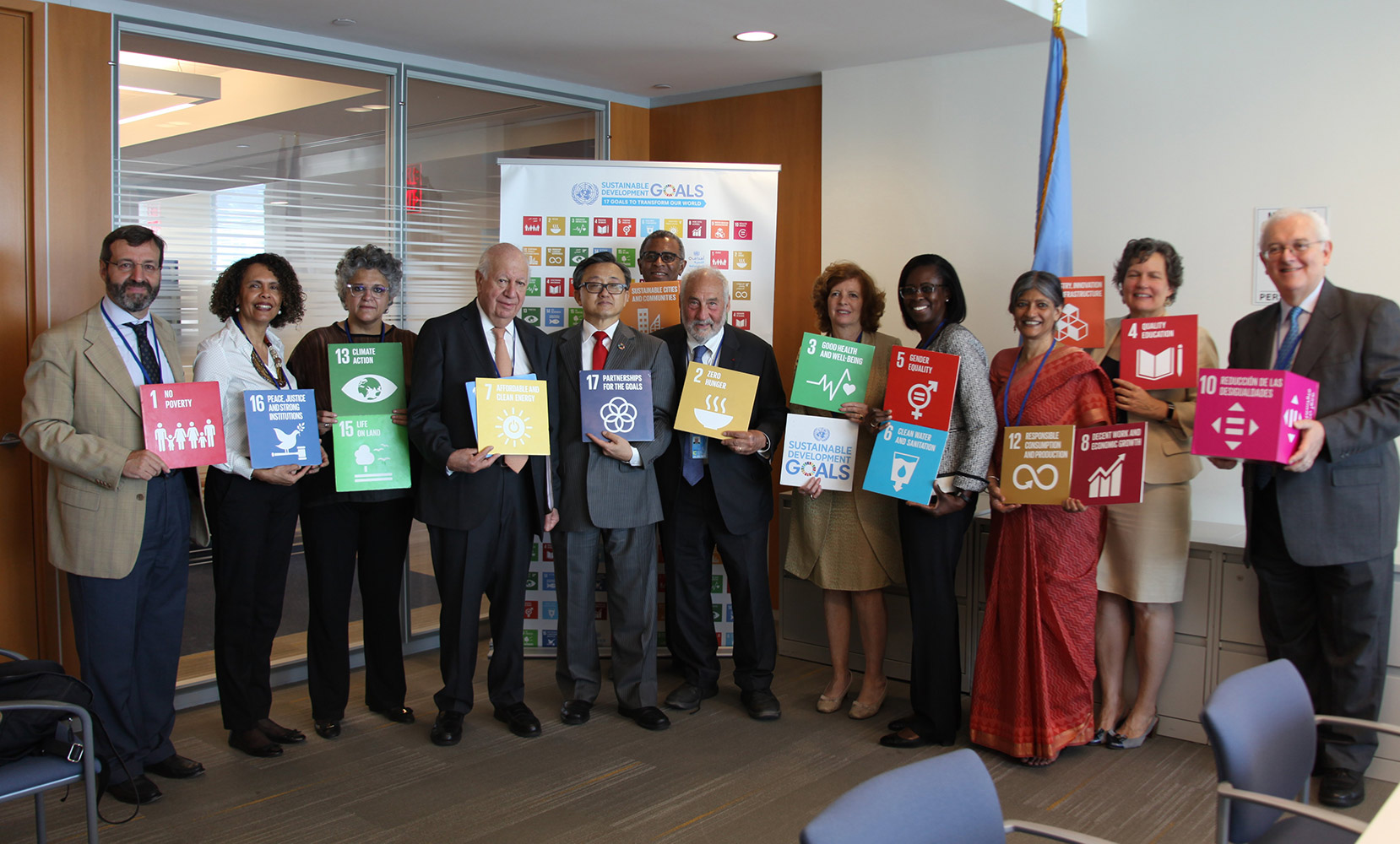
UN DESA...
-
Provided a big-picture look at the links between short-term economic prospects and sustainable development through the flagship World Economic Situation and Prospects report.
-
Addressed the complex challenges facing youth in the World Youth Report.
-
Created a global network of UN economists to strengthen the economic capacities of the UN Development System.
-
Tapped into the diverse brainpower of the world’s leading experts, including those serving on the UN High-level Advisory Board on Economic and Social Affairs.
Youth Unemployment Rates
Harnessing science, technology and innovation for sustainable development
UN DESA has been on the forefront of helping countries to steer developments in science, technology and innovation to serve sustainable development. In 2018-2019, the Department organized the largest Forum on Science, Technology and Innovation for the Sustainable Development Goals to date and analysed the impacts of frontier technologies on the way we work, produce and co-exist.
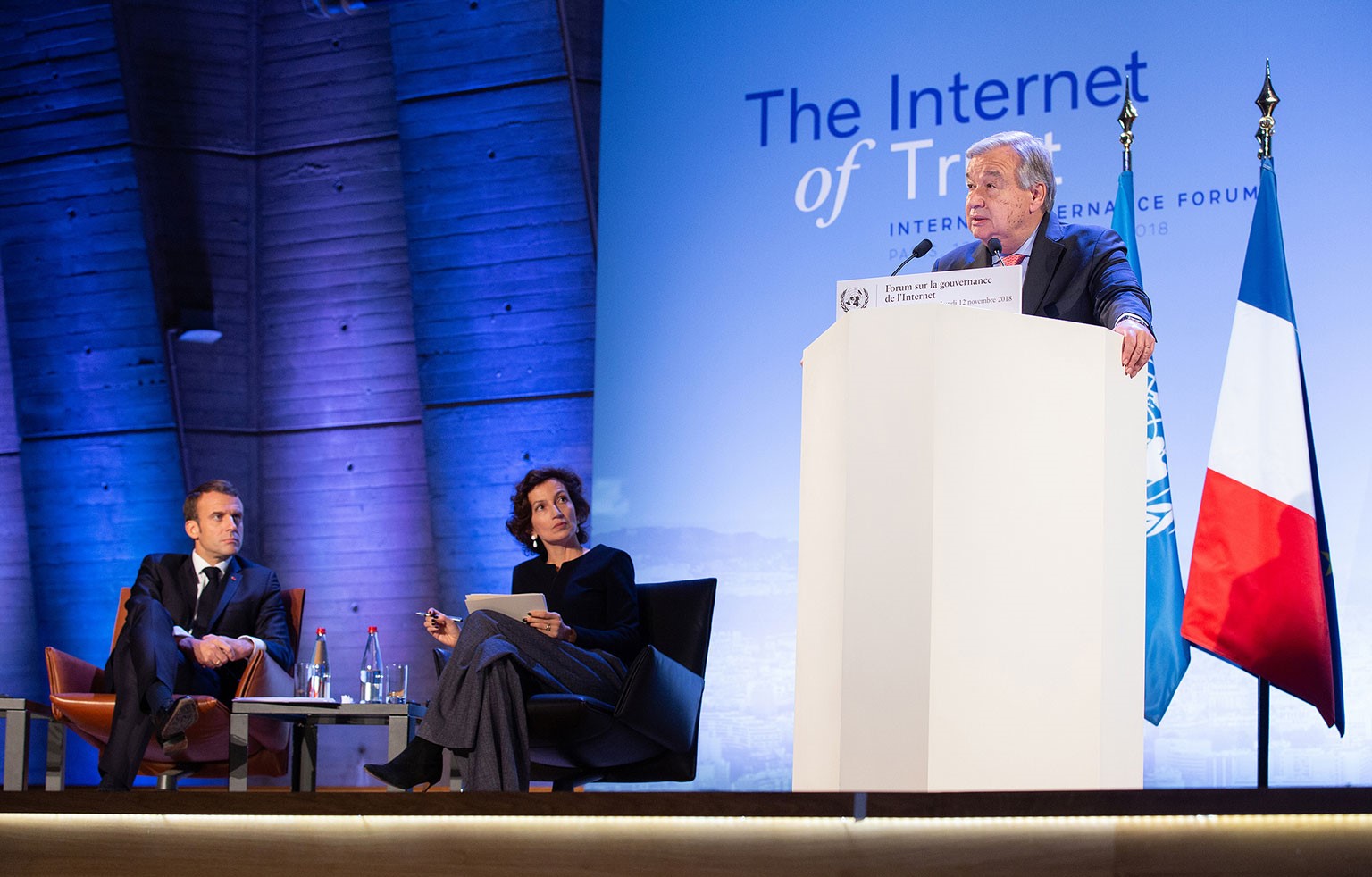
UN DESA...
-
Analysed the impact of frontier technologies on sustainable development in the World Economic and Social Survey 2018.
-
Strengthened the science-policy interface by supporting the independent group of scientists preparing the 2019 Global Sustainable Development Report (GSDR).
-
Mobilized a wide range of experts on technology and innovation for development, at the Science, Technology and Innovation (STI) Forum.
-
Promoted effective e-governance for the implementation of the 2030 Agenda, through the 2018 UN E-Government Survey.
-
Brought together diverse actors at the Internet Governance Forum (IGF) to amplify digital cooperation.
Climate action
Runaway climate change is possibly the biggest single threat to achieving the Sustainable Development Goals. UN DESA continues to advocate urgent efforts for sustainable development that go hand-in-hand with climate action in a way that leaves no one behind.
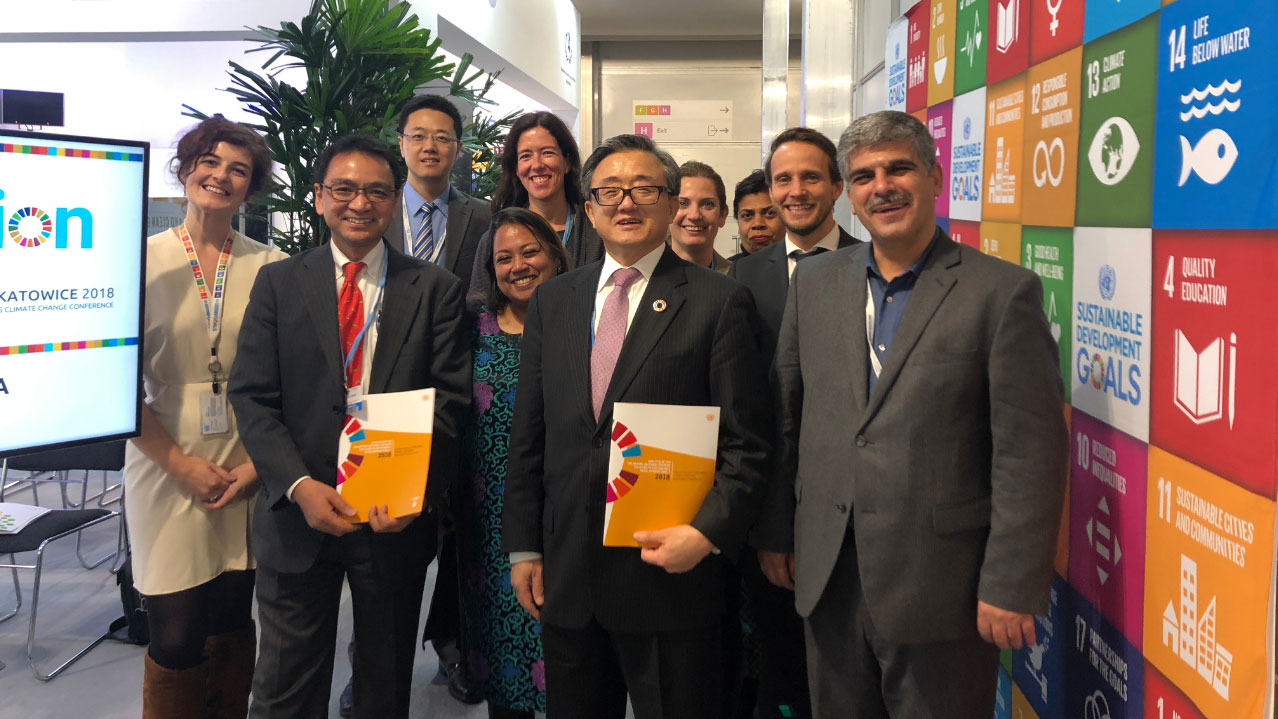
UN DESA...
-
Showcased the important and intricate links between climate action and the 2030 Agenda for Sustainable Development at the SDG Pavilion during COP 24, which featured 38 multi-stakeholder events on SDGs with over 150 panelists and 1,000 participants.
-
Supported global actions for sustainable ocean management, including support for the Sustainable Blue Economy Conference and preparations for the 2020 UN Ocean Conference.
-
Led the push for sustainable forest management across the globe, supporting the realization of the UN Strategic Plan for Forests 2017-2030.
Strengthening institutions for SDGs
Runaway climate change is possibly the biggest single threat to achieving the Sustainable Development Goals. UN DESA continues to advocate urgent efforts for sustainable development that go hand-in-hand with climate action in a way that leaves no one behind.

UN DESA...
-
Brought together 24 world renowned experts to examine how to build strong institutions for equal and inclusive societies at the 18th session of the Committee of Experts on Public Administration.
-
Raised awareness of SDG 16 and of its critical importance for the implementation of the 2030 Agenda through its cutting-edge publications and capacity-development activities.
-
Informed the review of SDG 16 at the HLPF through the World Public Sector Report 2019.
-
Promoted and rewarded innovation and excellence in public services at the United Nations Public Service Forum.
-
Provided policy guidance on how to leverage digital government to support transformation for equitable and resilient societies through its 2018 UN E-Government Survey.
Strengthening the high-level political forum on sustainable development
Every year since 2015, nations come together in New York to evaluate their efforts to achieve the 2030 Agenda for Sustainable Development and the SDGs. UN DESA has been leading the support to the high-level political forum on sustainable development, and exploring innovative ways to improving it.
UN DESA...
-
Organized the successful 2019 high-level political forum on sustainable development (HLPF), which, in addition to the plenary sessions, included close to 150 side events.
-
Helped to prepare the 47 Member States who presented their SDG implementation and progress through Voluntary National Reviews.
-
The light blue areas represent the countries that conducted or announced VNRs.
The dark blue areas represent the countries that have not conducted or announced VNRs.
Numbers inside areas represent the number of countries. -
Informed the global discussion on SDG progress through leading the work on the Special Edition of the Sustainable Development Goals Progress Report.
Towards Universal Voluntary National Review Coverage
per cent of all countries that conducted a VNR
Status of Voluntary Nation Review Preparation by Region[as of 18 Sept. 2019]
Supported expert reviews of the six SDGs considered at the HLPF.
2019 high-level political forum (under the auspices of the Economic and Social Council)
130 Ministers
5 Special Events
150 Side Events
18 VNR Labs
2,000 registered civil society participants
